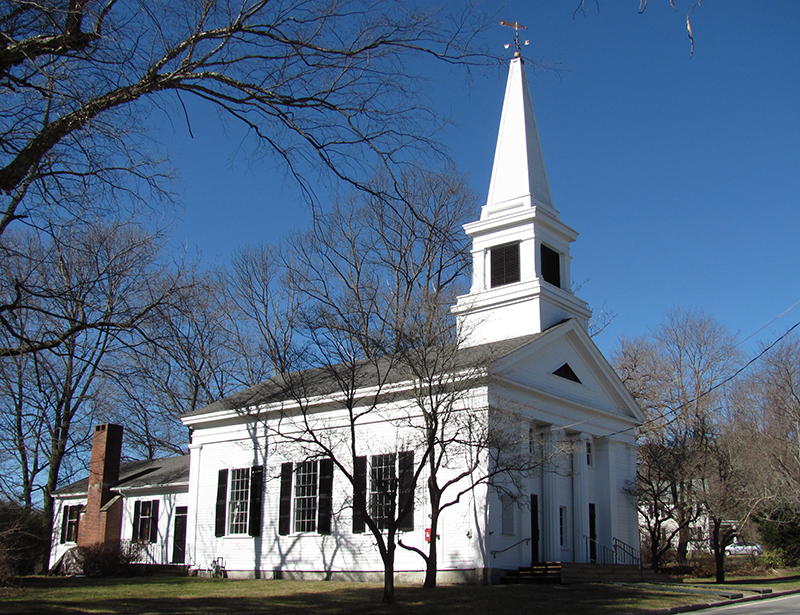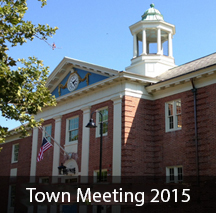To the editor:
I was thrilled to learn that Nancy Marshall would be running to serve another term on the Lincoln-Sudbury School Committee and am writing a letter of support for her candidacy. The families of Lincoln, Sudbury and Boston are all fortunate that Nancy is willing to continue to bring her thoughtful and collaborative presence to the committee.
Nancy brings two valuable levels of experience to the School Committee position—first as a parent. All four of Nancy’s children were or are students at Lincoln-Sudbury. With over 10 years of parental involvement, Nancy has witnessed how L-S provides a positive and supportive environment for children of varied learning and social styles. She understands, as a parent, the hopes and fears of the families in our high school community and that knowledge helps to inform her decisions.
Nancy also brings a deep level of experience as a member of the school committee. Nancy has already served two terms and has six years of involvement with the committee. With that experience brings valuable knowledge and perspectives of the unique challenges and opportunities at L-S. She understands the balancing act that often occurs as competing interests and demands are weighed, and she understands the deeper and longer ranging implications of policy decisions.
Nancy brings a thoughtful, deliberate and congenial approach to the committee. She listens well, thinks deeply, does a lot of homework and makes considered decisions based on sound judgment. Her collaborative approach is evident within the discussions of the committee and is also evident in the nature of the conversation with the faculty and administration at the school.
I am grateful that Nancy is eager to continue her role on the L-S School committee and would urge you to vote for her at the election on Monday, March 30th.
Sincerely,
Gina Halsted
1 Oakdale Lane
Letters to the editor must be signed with the writer’s name and street address and sent via email to news@lincolnsquirrel.com. Letters must be about a Lincoln-specific topic, will be edited for punctuation, spelling, style, etc., and will be published at the discretion of the editor. Letters containing personal attacks, errors of fact or other inappropriate material will not be published.




